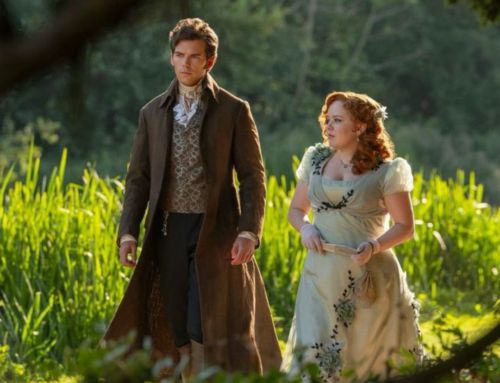Value as process

By Dr Vlad Glaveanu
Questions about value and its emergence stand at the core of many disciplines across the social sciences and the humanities. This is how, today, we have philosophical reflections on value, we enjoy pragmatic definitions given by economists, structural approaches specific for sociology and subjectivist approaches typical for psychology, and even get to be annoyed by rhetorical takes on the notion employed in political discourses and mass-media communication. Value, it is claimed, is “produced”, it “exists”, can be “increased”, and sometimes (unfortunately) is “lost”. But who exactly are the actors of value creation, maintenance and loss and where exactly do we need to look to find value and measure it? These, it seems, are pressing questions for any student of marketing and consumer behaviour.
And yet, formulated as such, these questions are also highly misleading. By asking where value “is” and “who” it belongs to we are actually turning a very dynamic reality into an almost tangible, stable property of an object, a person, an action, etc. Consumption generates value, we claim. But is this value an end-point of the experience of consumption? Is it a ‘moment’ in the chain of acquiring and using goods? Is it produced by the consumer, by the object, by others who observe and become co-participants in the act of consumption? My answer to these is a clear no.
And here is why: Value is not a property (or the utility function) of an object. Value is equally not the psychological benefit of using an object. Finally, value is not set once and for all in the relation between consumer and object (or service for this matter). Value is a process.
This basically means that value is permanently created in and through interactions between consumers, goods and the broader context of consumption (which usually includes other people and other goods and services). In this sense value creation is a bit of a tautology as there is no ‘static’, ‘universal’, ‘once and for all’ value outside of interactive processes that constantly create and re-create value for all the participants involved. Value should not be seen (primarily) as a noun, but as a verb.
This is in line with some recent reflections on the notion of value offered by Eric Arnould for whom value is related to “exchanges taking place within a social field that defines and is defined by these ongoing performative moments”. Similarly, value creation is ultimately a contextual process that exists ‘in-between’ social actors (we can include here objects as actors if we adopt a Latourian perspective) and its main property is that of being generative. This means that, for as long as actors continue to interact, value continues to be produced since ongoing (psychological, social, economic, etc.) benefits offer an incentive to carry on the very actions and inter-actions supporting value creation. In this way, value is not the ‘output’ or ‘end-point’ of this whole process but its engine and constant companion. By extending our understanding of this notion, we can say that value becomes the process itself.
Useful links:
MSc in Marketing & Creativity
Creative London Summer Course





